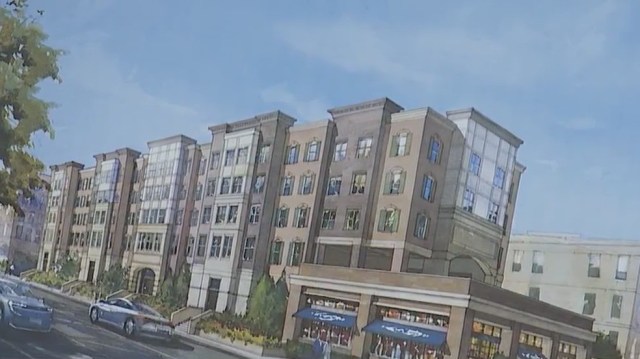Urban Transformation: Carroll Companies Set to Revitalize Greensboro's Friendly Center Corridor

Community Gathers to Explore Promising Urban Development Proposal
Residents of Greensboro once again converged at the First Lutheran Church on Wednesday, demonstrating their keen interest in a potential mixed-use development that promises to reshape the city's urban landscape. This marks the second community meeting since 2019, highlighting the ongoing dialogue and excitement surrounding the proposed project.
The packed venue reflected the community's enthusiasm and desire to understand the details of the upcoming development. Attendees listened intently as project representatives shared insights about the potential transformation of the local area, signaling a growing momentum for urban renewal and strategic city planning.
With community engagement at the forefront, this meeting underscored Greensboro's collaborative approach to urban development, where residents are active participants in shaping their city's future. The continued interest from local citizens suggests a strong commitment to thoughtful and inclusive growth.

